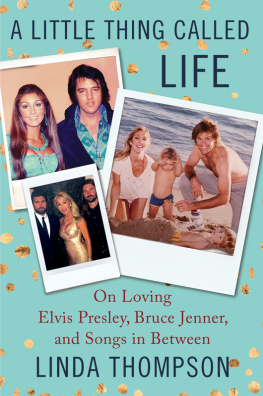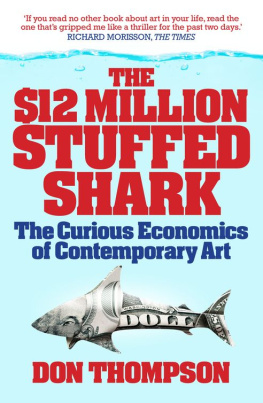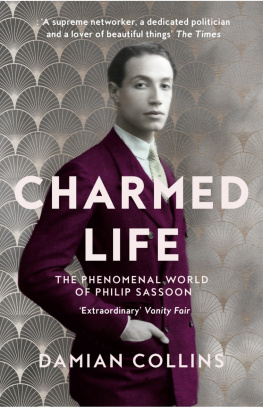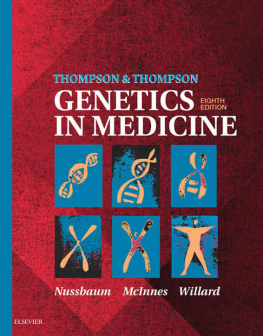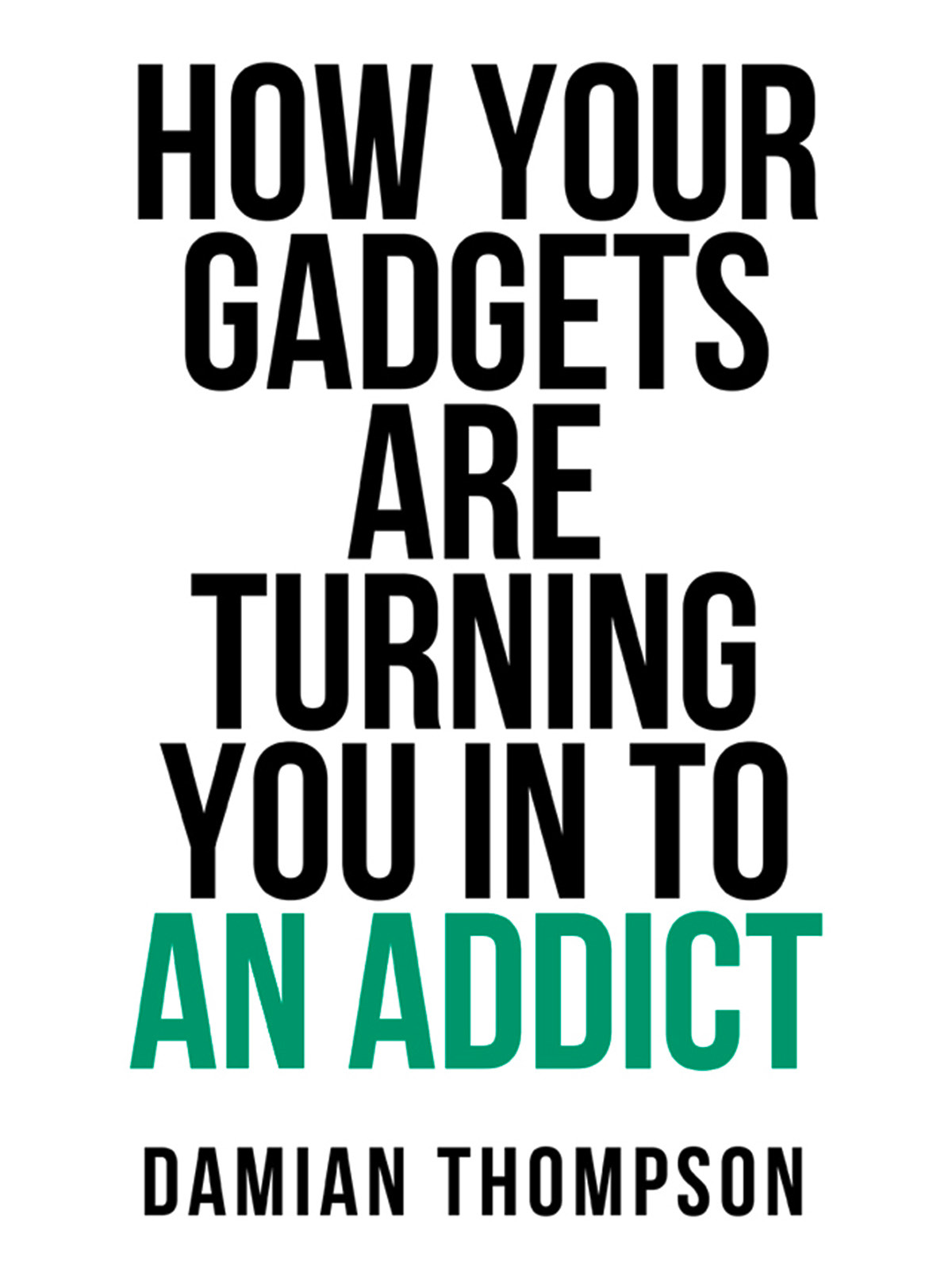

Its not obvious to us now, but the most far-reaching social development of the early 21st century is our increasingly insistent habit of rewarding ourselves whenever we feel the need to lift our moods. More and more of us are being pulled towards some form of addiction, even though we may be unaware of the fact and never become full-blown addicts.
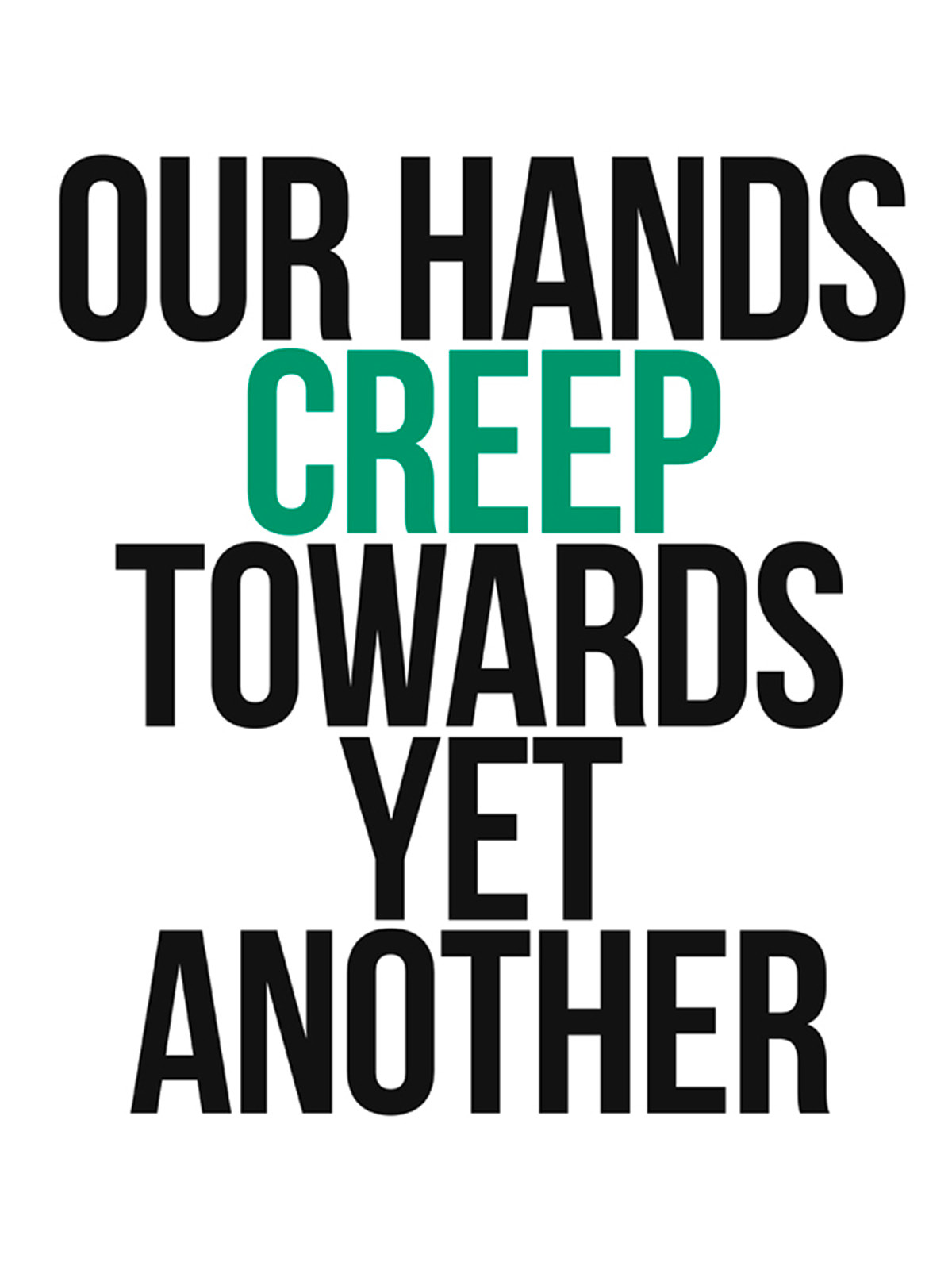
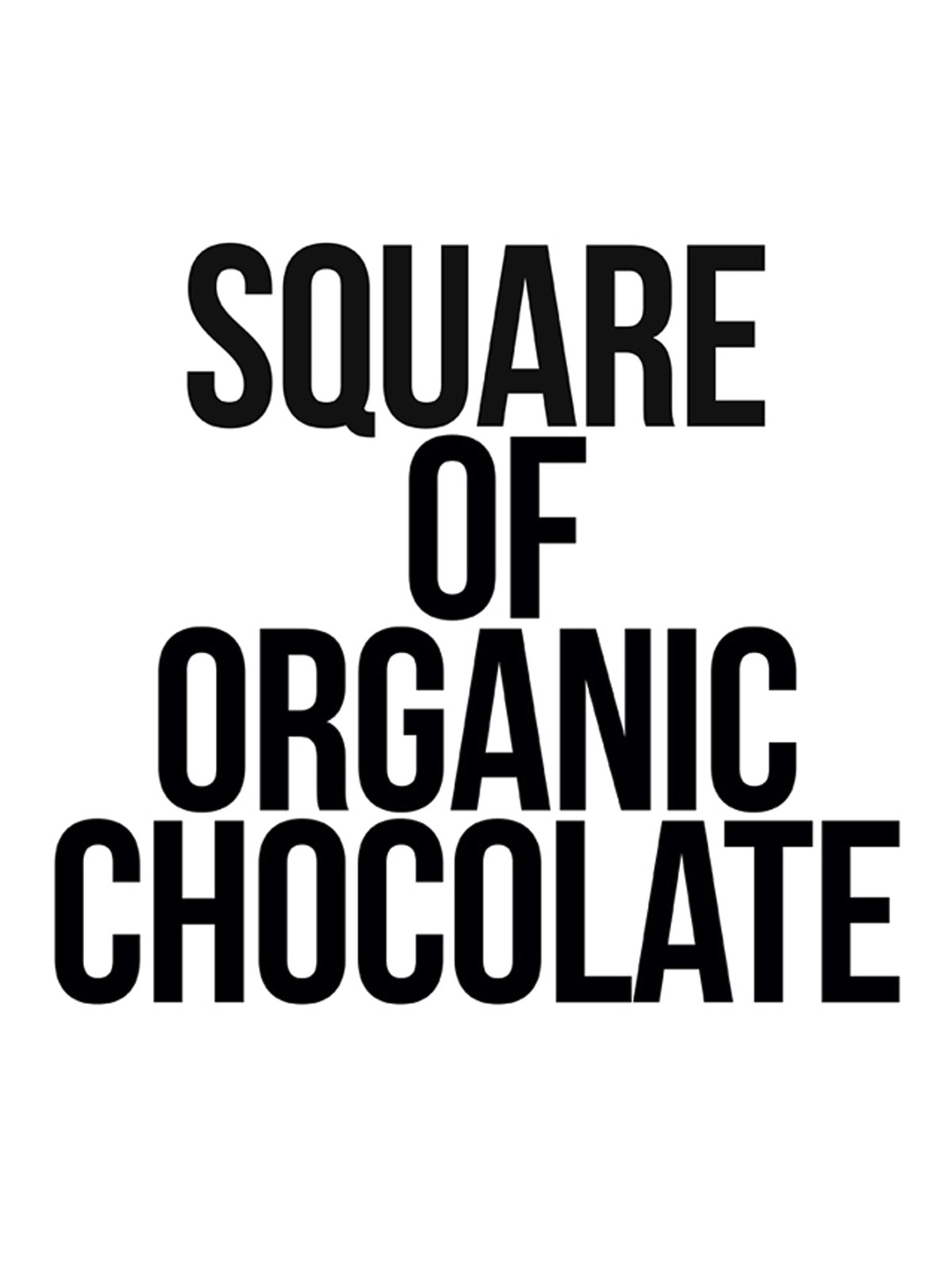
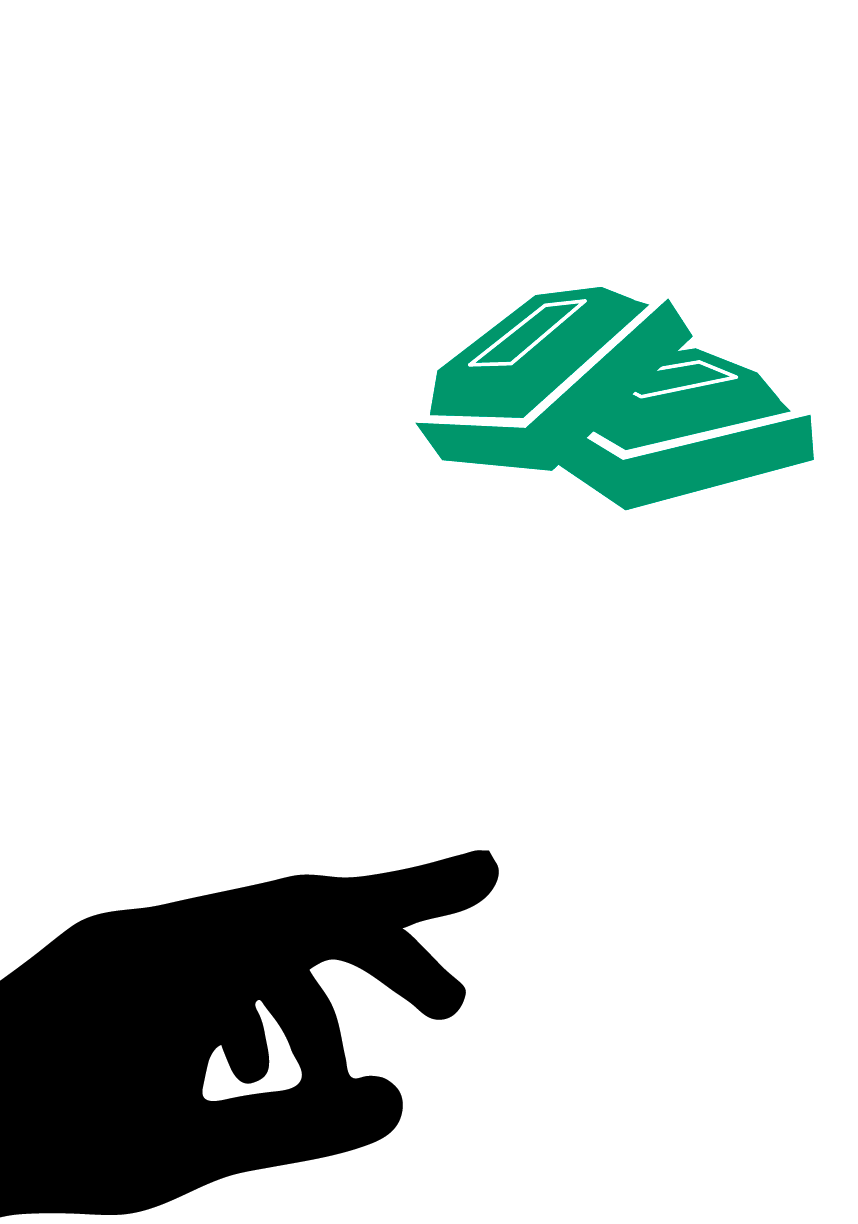
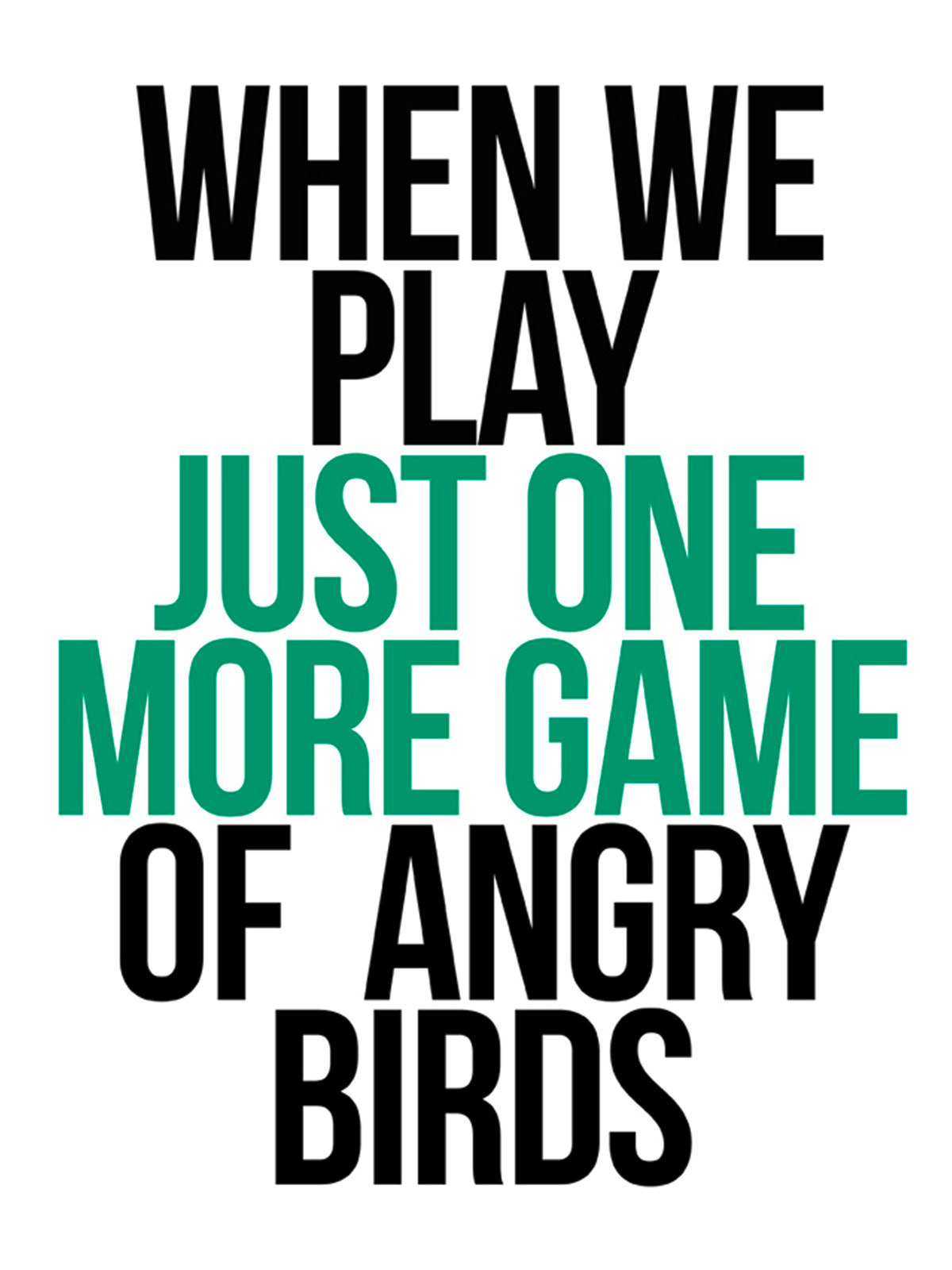
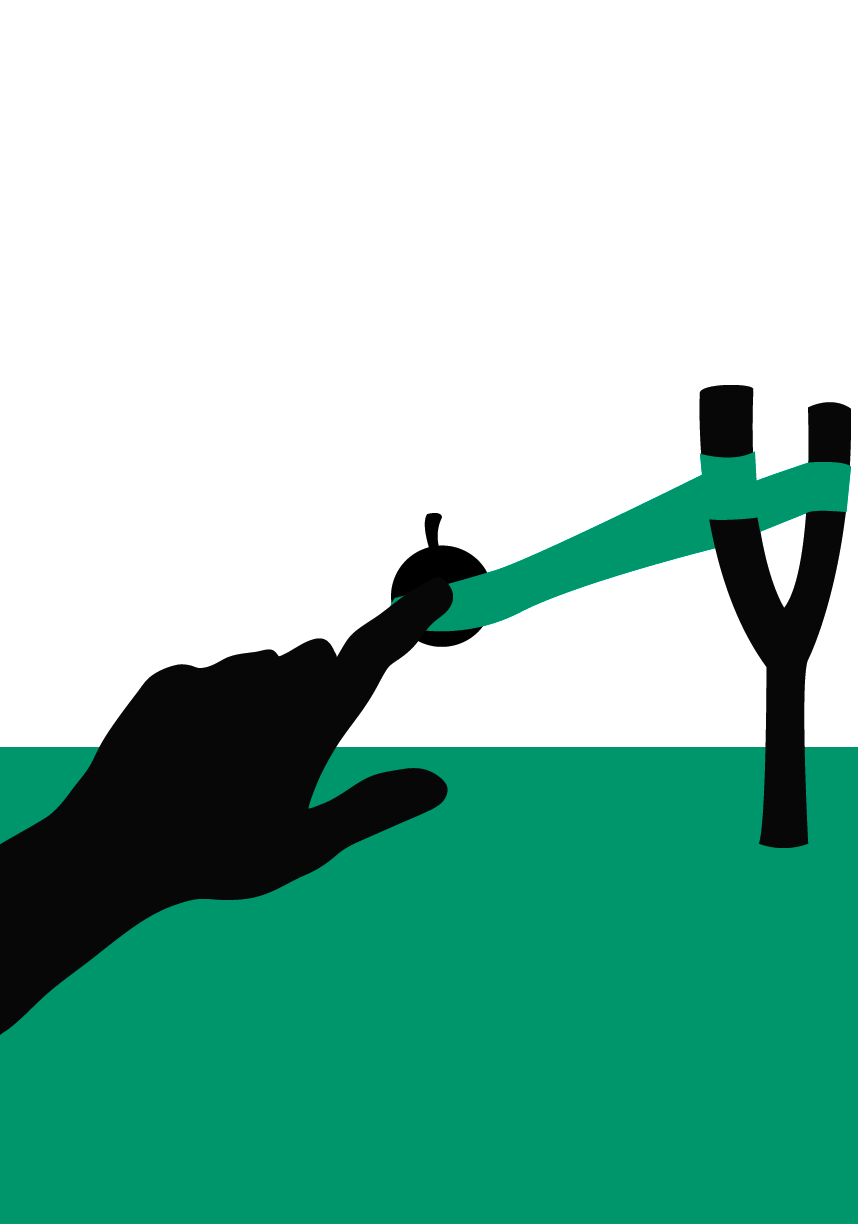

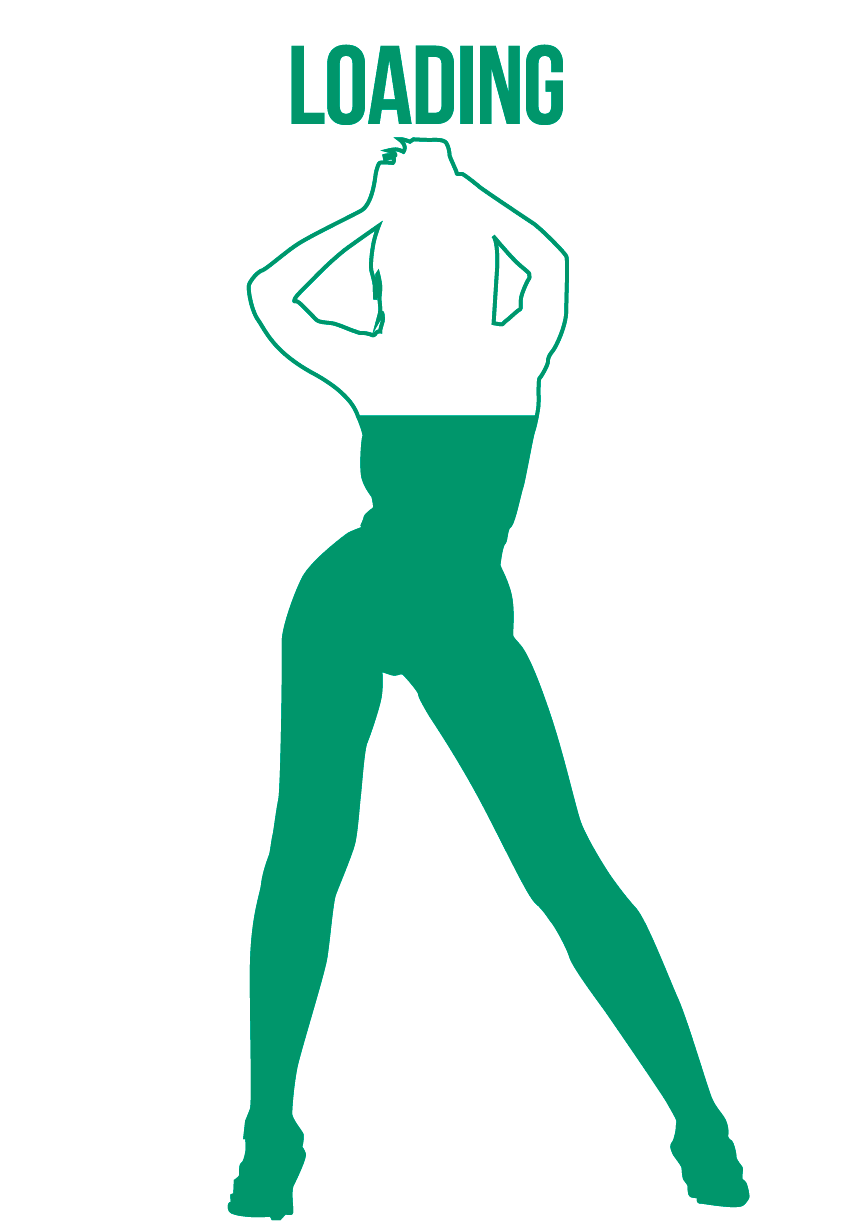
When our hand creeps out towards yet another square of organic chocolate, or when we play just one more game of Angry Birds before setting off for work, or when we check a secretly bookmarked porn site for new arrivals, were behaving like addicts. The activity in question can be innocent or shameful. Either way, it reinforces the addictive streak in human nature.
That streak is there because our brains have evolved to seek out immediate, short-term rewards. Our ancestors needed to stuff themselves with energy-rich berries and to respond quickly to sexual stimulation; we wouldnt be here if they hadnt.
Our problem is that weve built an environment that bombards us with rewards that our bodies dont need and that do nothing to ensure our survival as a species. Yet, because they are rewards that is, because they provoke specific feelings of anticipation and pleasure in the brain we grab them anyway.
To put it another way, we reach out for a fix.
Thats a word we associate with helpless addicts. They talk about their fix because it feels as if theyve temporarily fixed themselves when they take their drug of choice. Theres no mystery about this. As a result of heavy exposure to the drug, they have become dependent on frequent chemical rewards. Their brains are in a state of hypervigilance, waiting for the blessed relief of a chemical that, once tolerance develops, merely allows the addict to feel normal, as opposed to anxious and ill.
That much is not in dispute. Many addiction specialists go further, however. They say that the brains of addicts are fundamentally different from those of non-addicts. They are forced to chase these rewards because they have the disease of addiction.
I want to challenge that theory. I suggest that, if you keep eating chocolate biscuits until you feel sick, youre indulging in a milder version of the addictive behaviour that leads heroin addicts to overdose. Im not equating the two situations, of course. Im suggesting that they lie at different points on a spectrum of addictive behaviour on which everyone can be located.
Also, and more importantly, many of us are being pulled towards the dangerous end of the spectrum, thanks to technological and social changes that stimulate the most fundamental of all our instincts desire.
In any discussion of addiction, whether of the trivial or life-threatening variety, the concept of desire is just as important as that of pleasure. Usually, its more important. Thats because the anticipation of the fix is more powerful than the moment of consumption, which often fails to live up to expectations. Sometimes we throw internal tantrums when this happens. The fix infantilises us so that, like children, we are constantly and annoyingly hungry for more.
Believe me, I speak from experience.
I spent many years as an addict. I was pathetically addicted to alcohol between the ages of 18 and 32. My doctor tells me Im still an addict. Im not exactly happy to wear that label after spending such a long time avoiding so much as a sip of alcohol, but the evidence is compelling. Since giving up drinking, my addictive desires have attached themselves to one thing, person or experience after another.
Perhaps the crucial feature of addiction is the progressive replacement of people by things. That deceptively simple statement is a brilliant insight, though I cant claim credit for it. It comes from Craig Nakken, author of a bestselling book called The Addictive Personality , who argues that addicts form primary relationships with objects and events, not with people.
He writes: Normally, we manipulate objects for our own pleasure, to make life easier. Addicts slowly transfer this style of relating to objects to their interactions with people, treating them as one-dimensional objects to manipulate as well.
What begins as an attempt to find emotional fulfilment ends up turning in on itself. Why? Because the addict comes to judge other people simply in terms of how useful they are in delivering a fix. And, at some stage, everybody lets you down. Therefore the addict concludes that objects are more dependable than people. Objects have no wants or needs. In a relationship with an object the addict can always come first, says Nakken.
I felt a shiver of recognition when I first read those words.
So what about the iPhone? Isnt it a bit much to call our love affair with this shiny gadget an addiction? Researchers at Stanford University arent so sure: in a survey of 200 Stanford students in 2010, 44 per cent of respondents said they were either very or completely addicted to their smartphones. Nine per cent admitted to patting their iPhone. Eight per cent recalled thinking that their iPods were jealous of their iPhones.
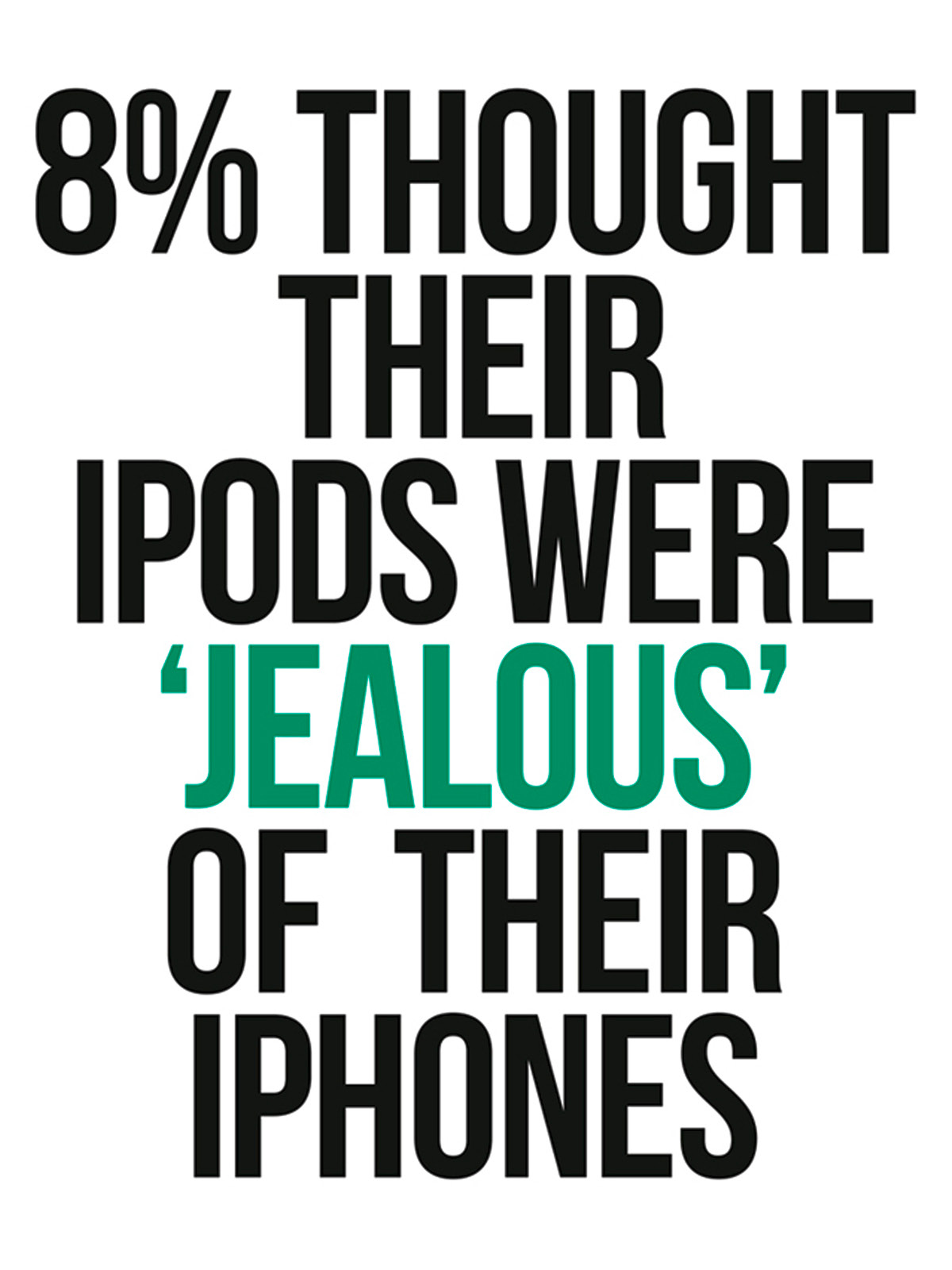
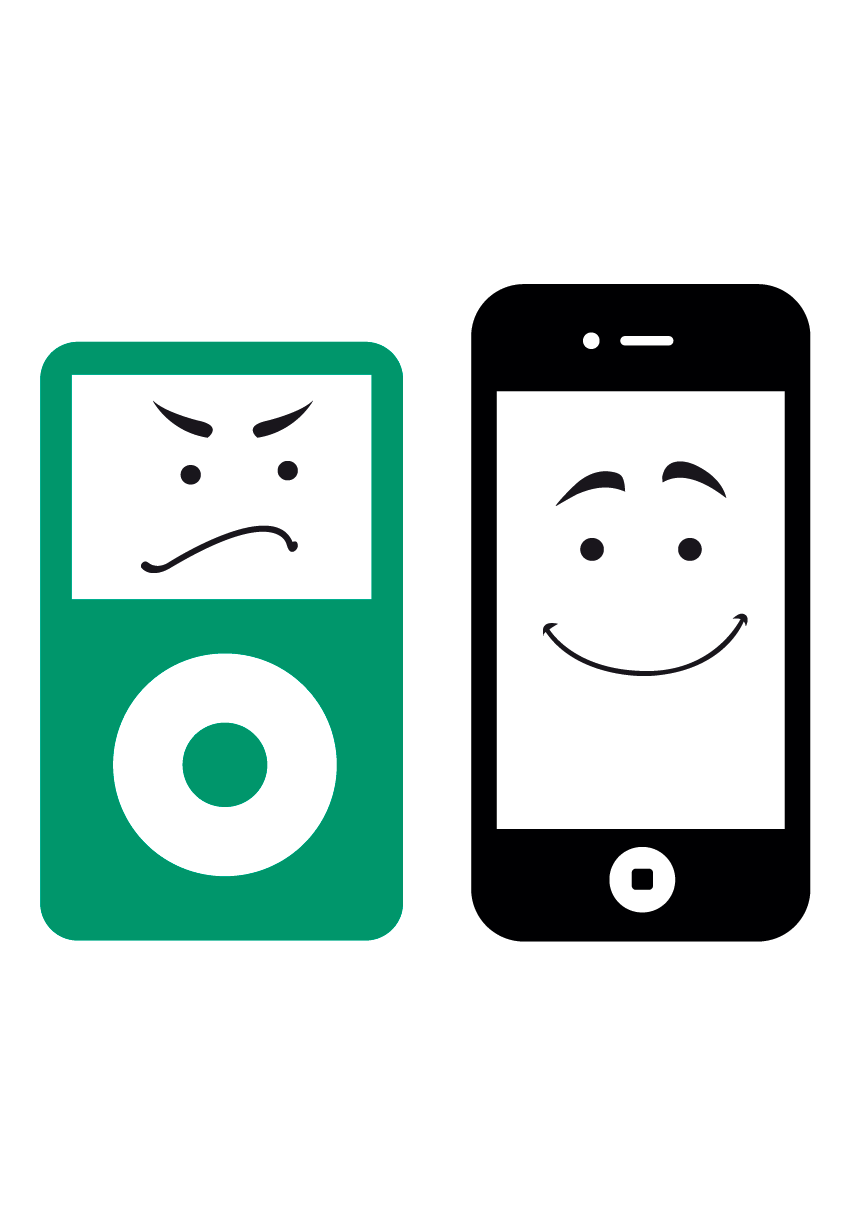
These are strange things for students at one of Americas top universities to say about their phones, even in jest. They also reveal something about how completely the iPhone has become part of these students identities and social frameworks. Theyre not just tools that allow us to connect instantaneously and prolifically with others: theyre also being afforded identities of their own patted, protected and cherished.
Perhaps it has something to do with how these devices are engineered. They practically force you to perform repetitive rituals of the sort associated with obsessive-compulsive behaviour: from the initial activation of the iPhone to the weekly syncing and nightly charging, your relationship to the phone is structured for you. And because the iPhones battery life isnt quite enough to last a full days use, pit stop charges become a regular feature of the day. iPhone users can often be seen checking for power sockets in coffee shops so that, while they get their own fix of caffeine, their phones can get juiced up as well.
Next page




